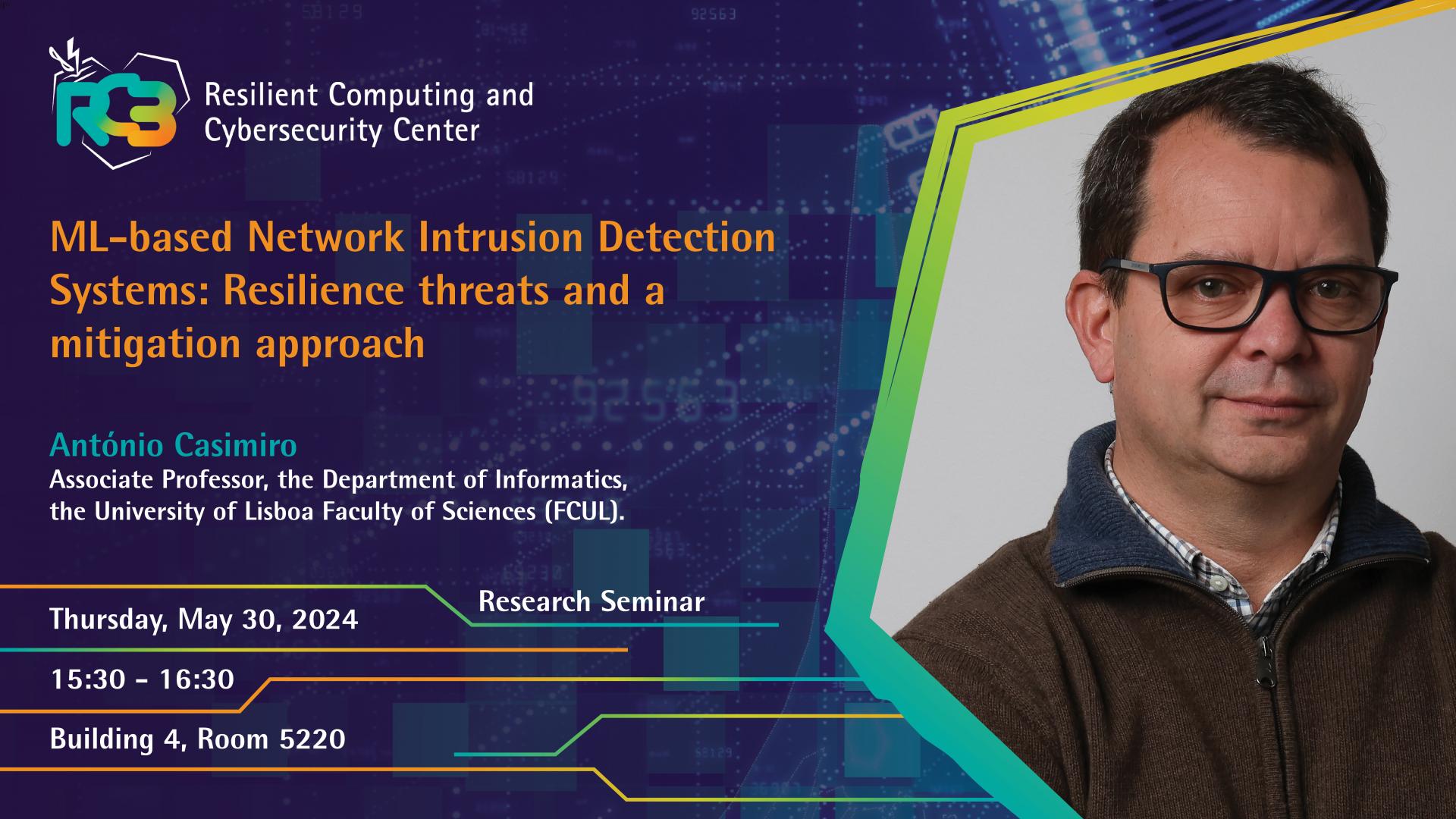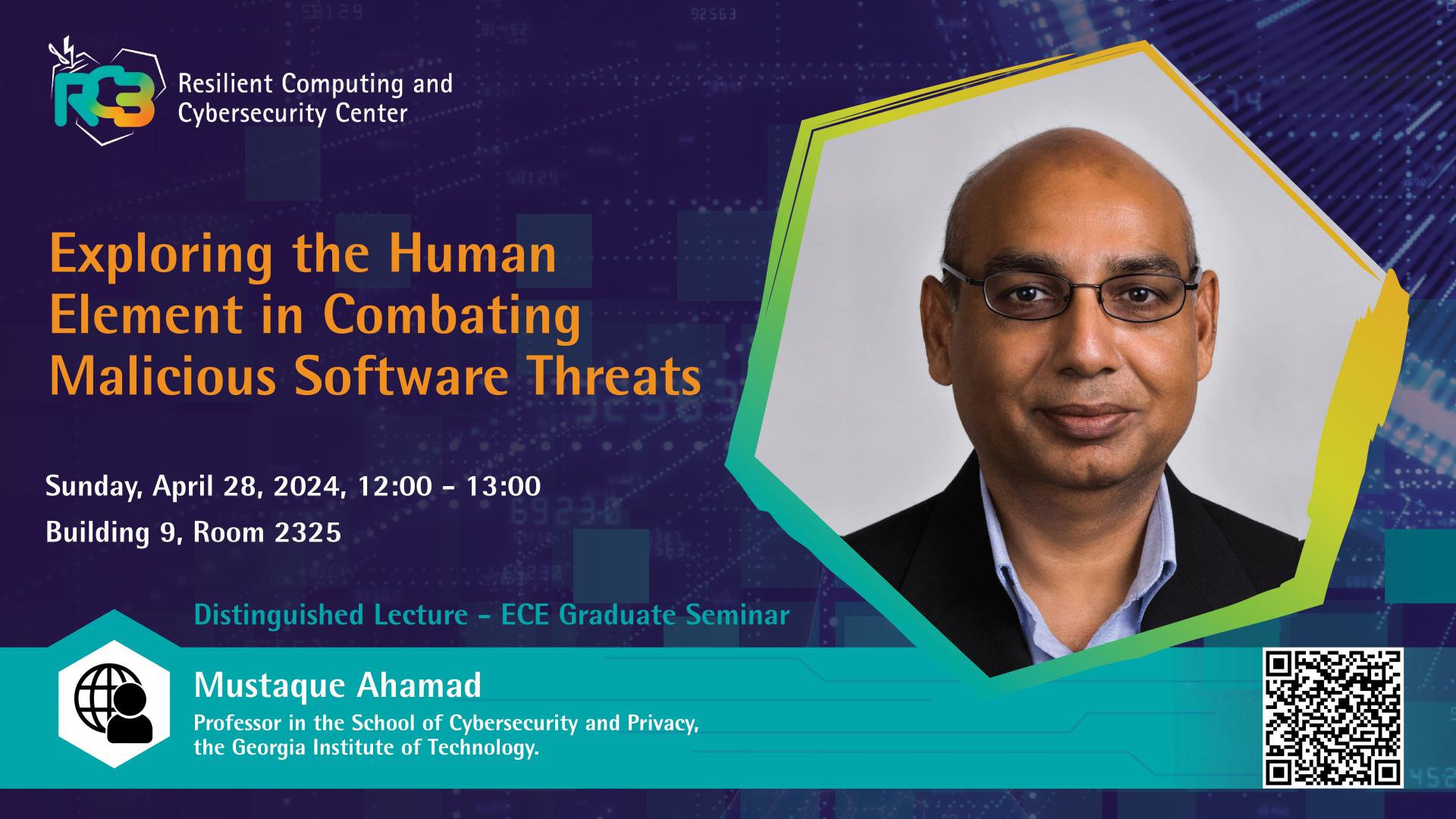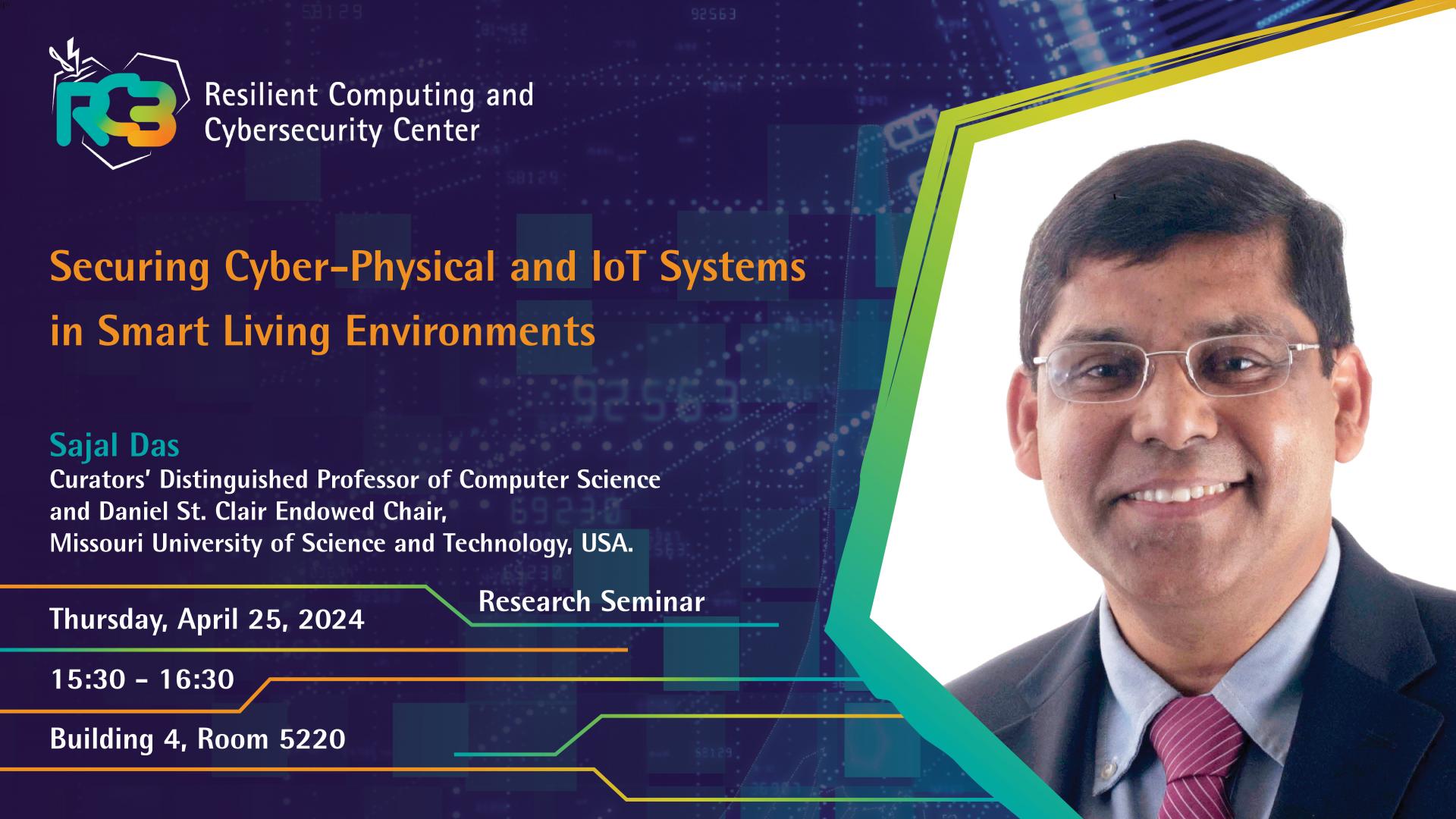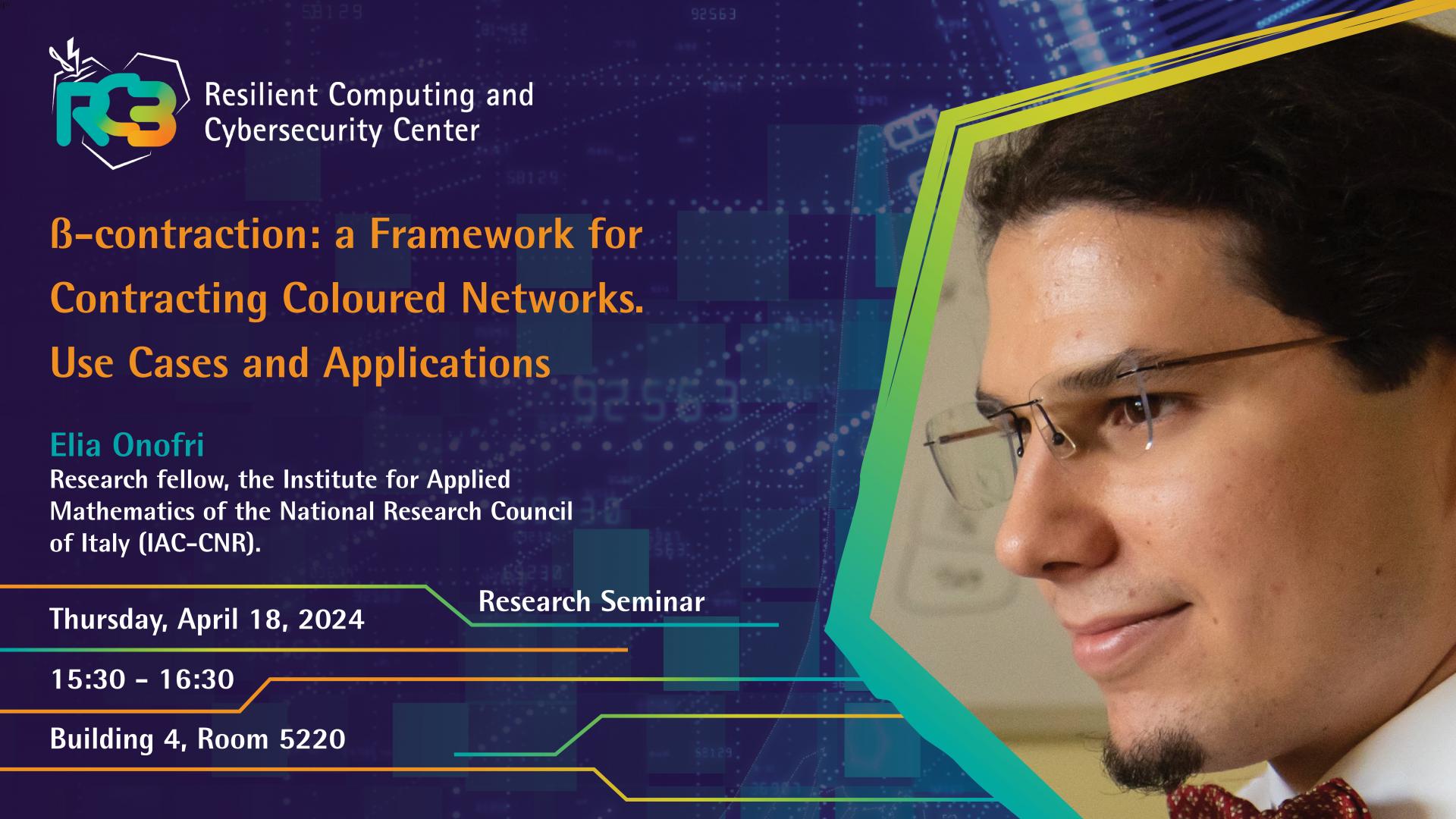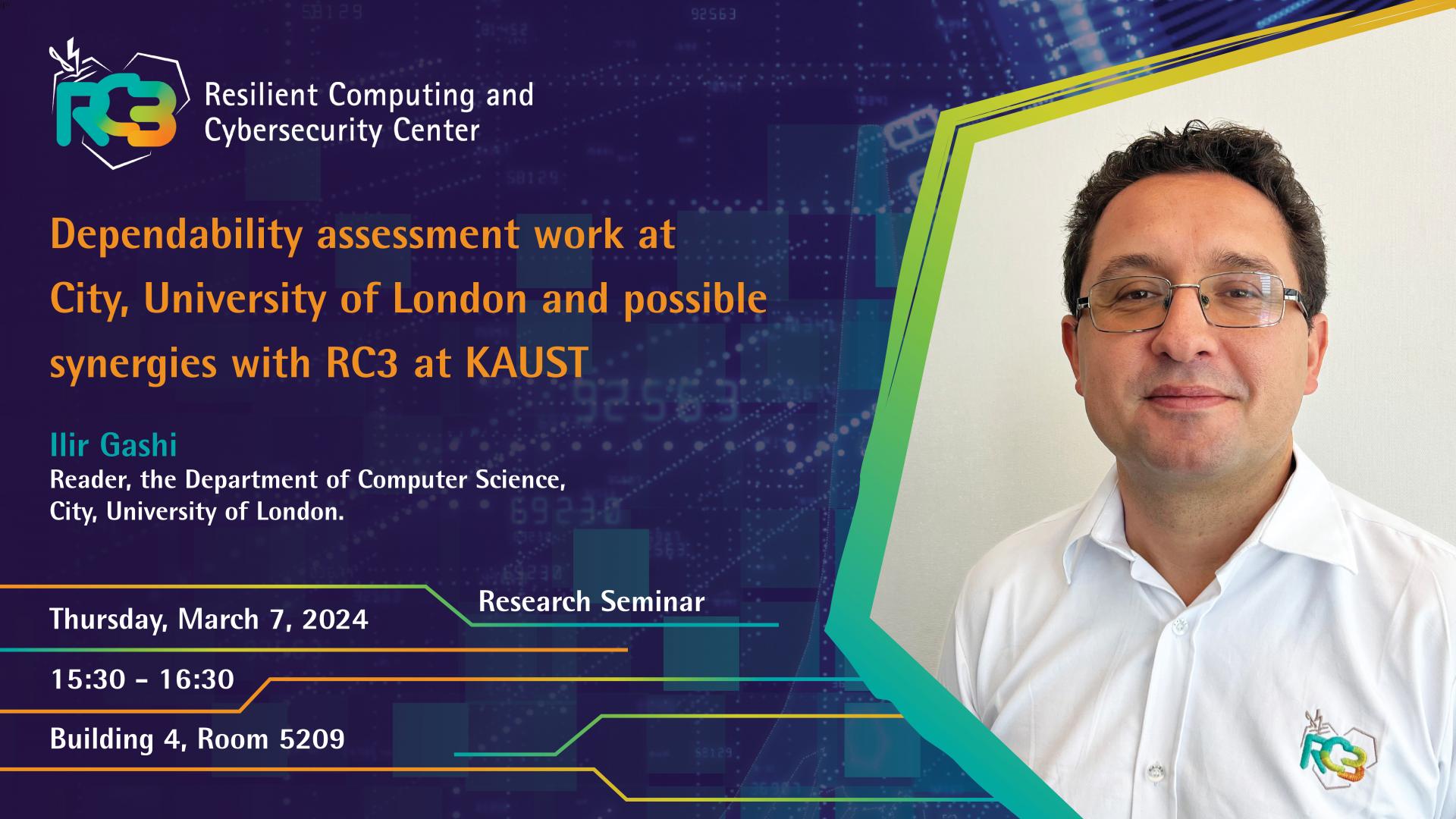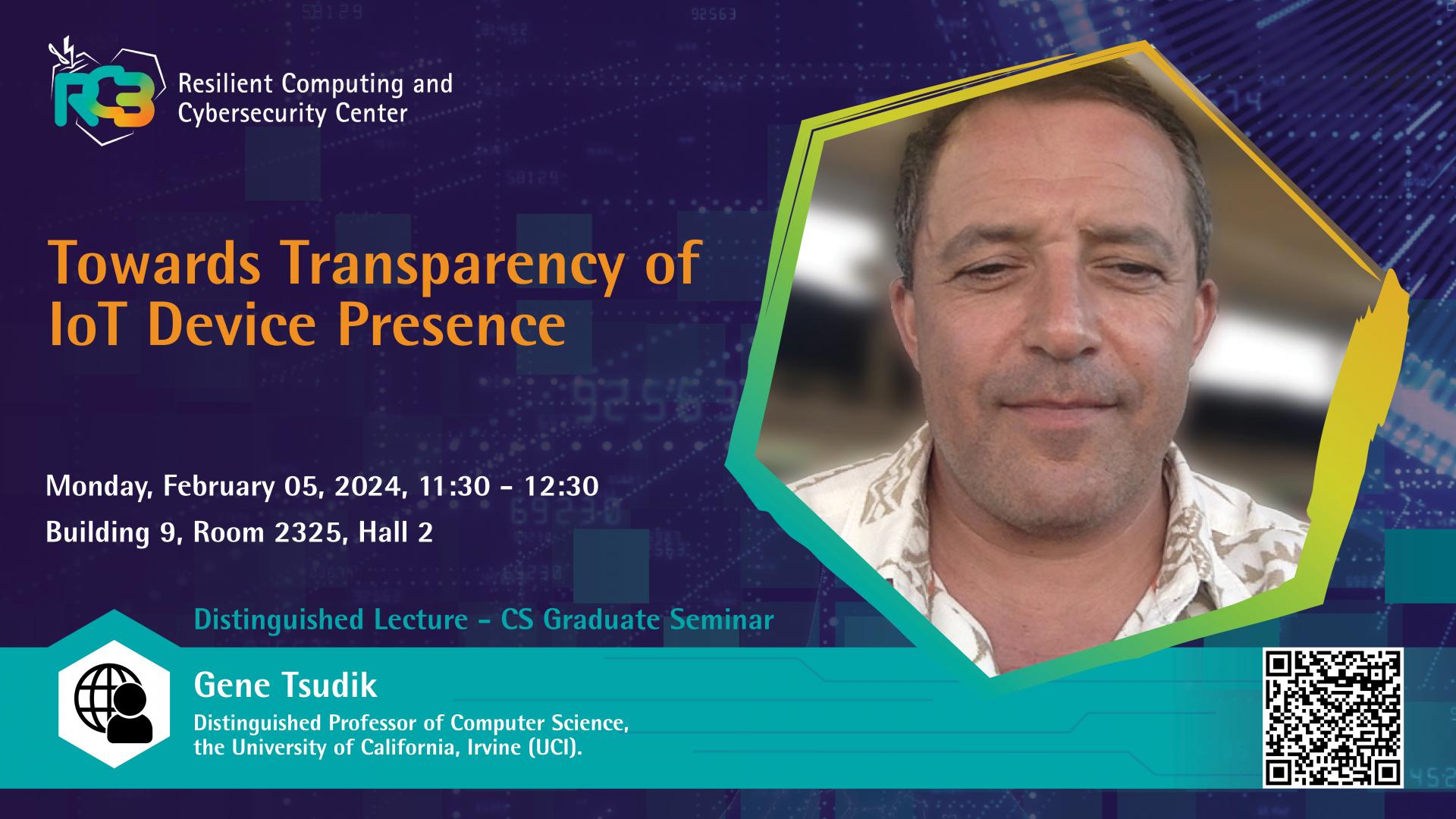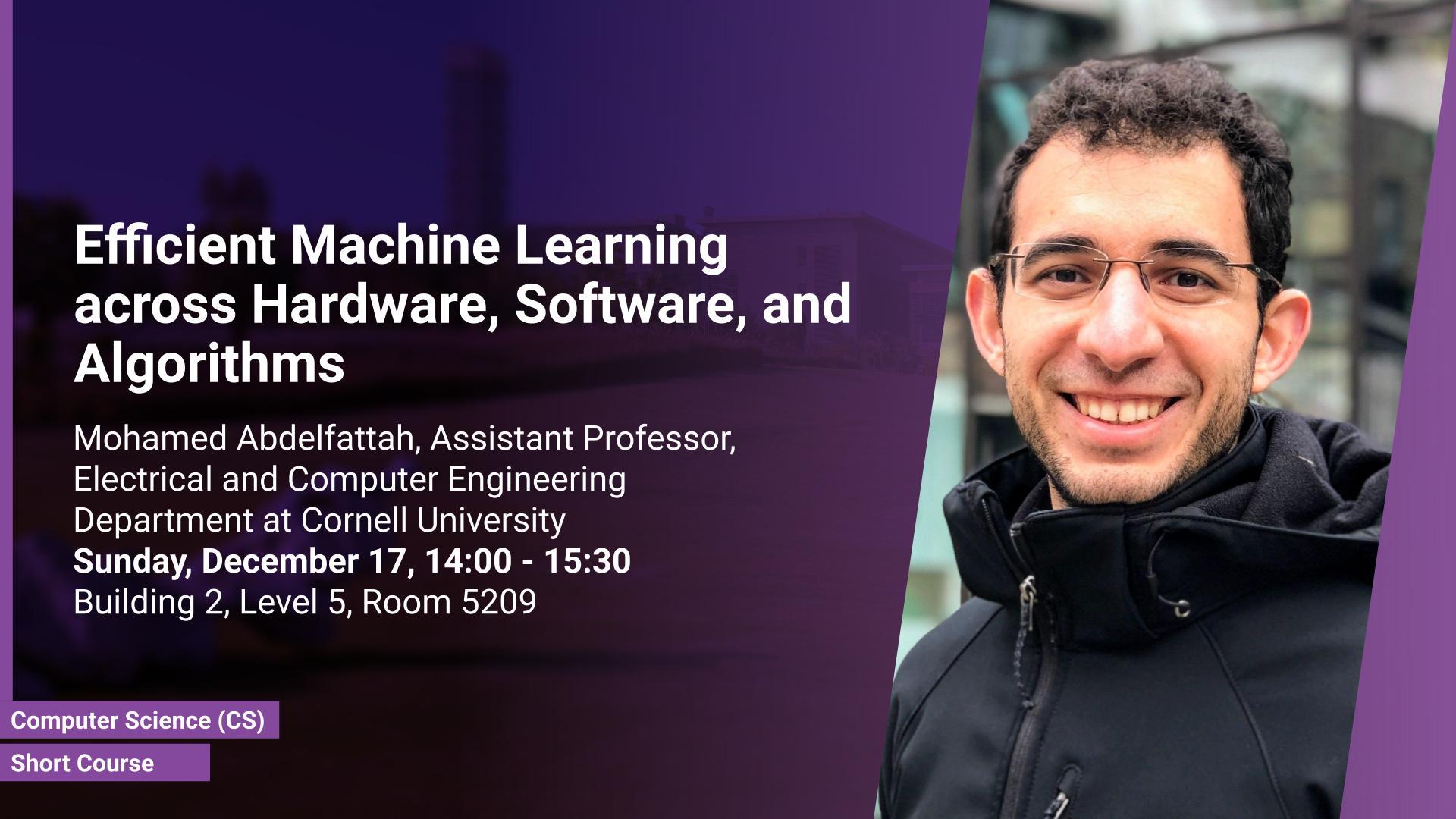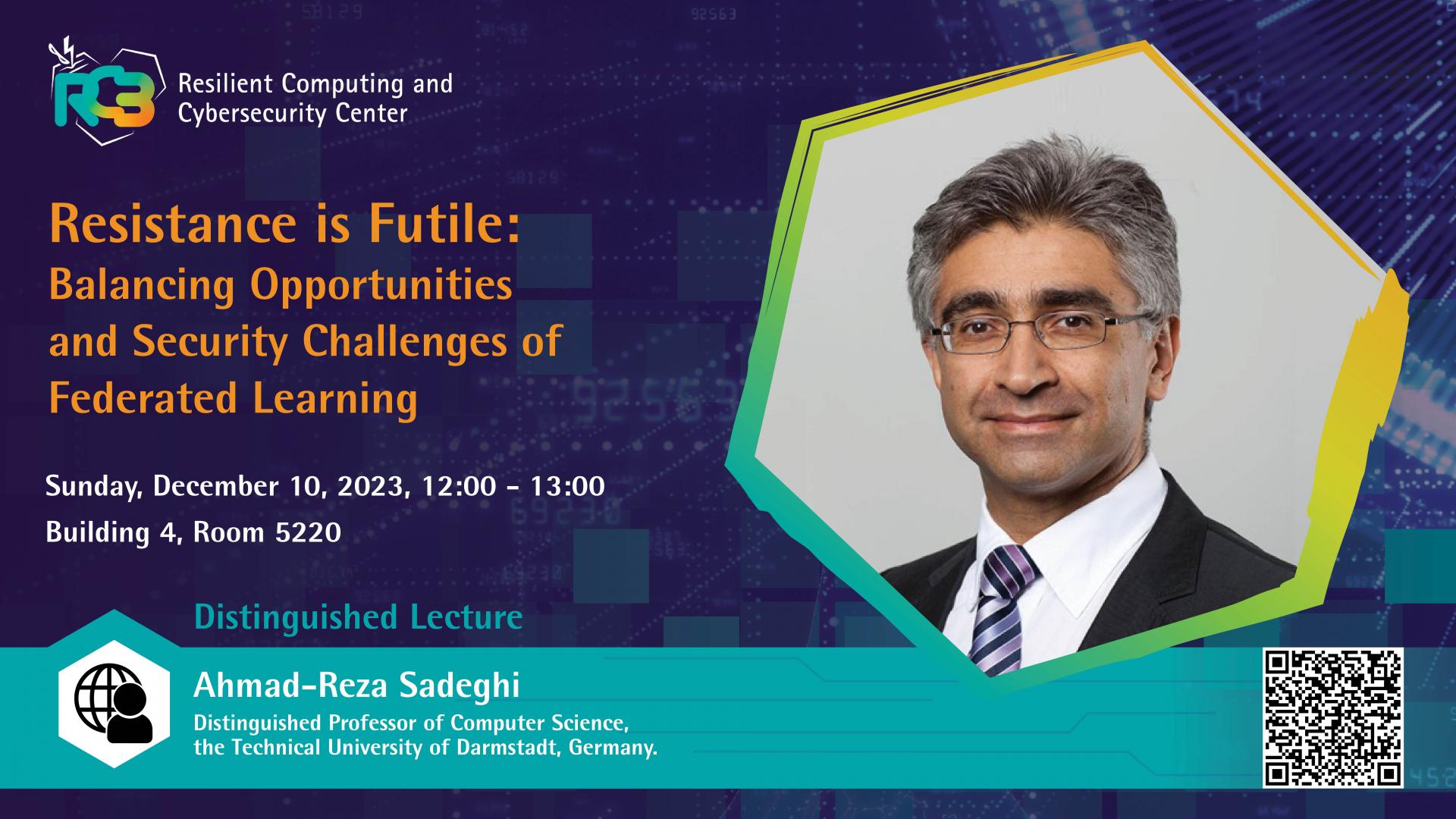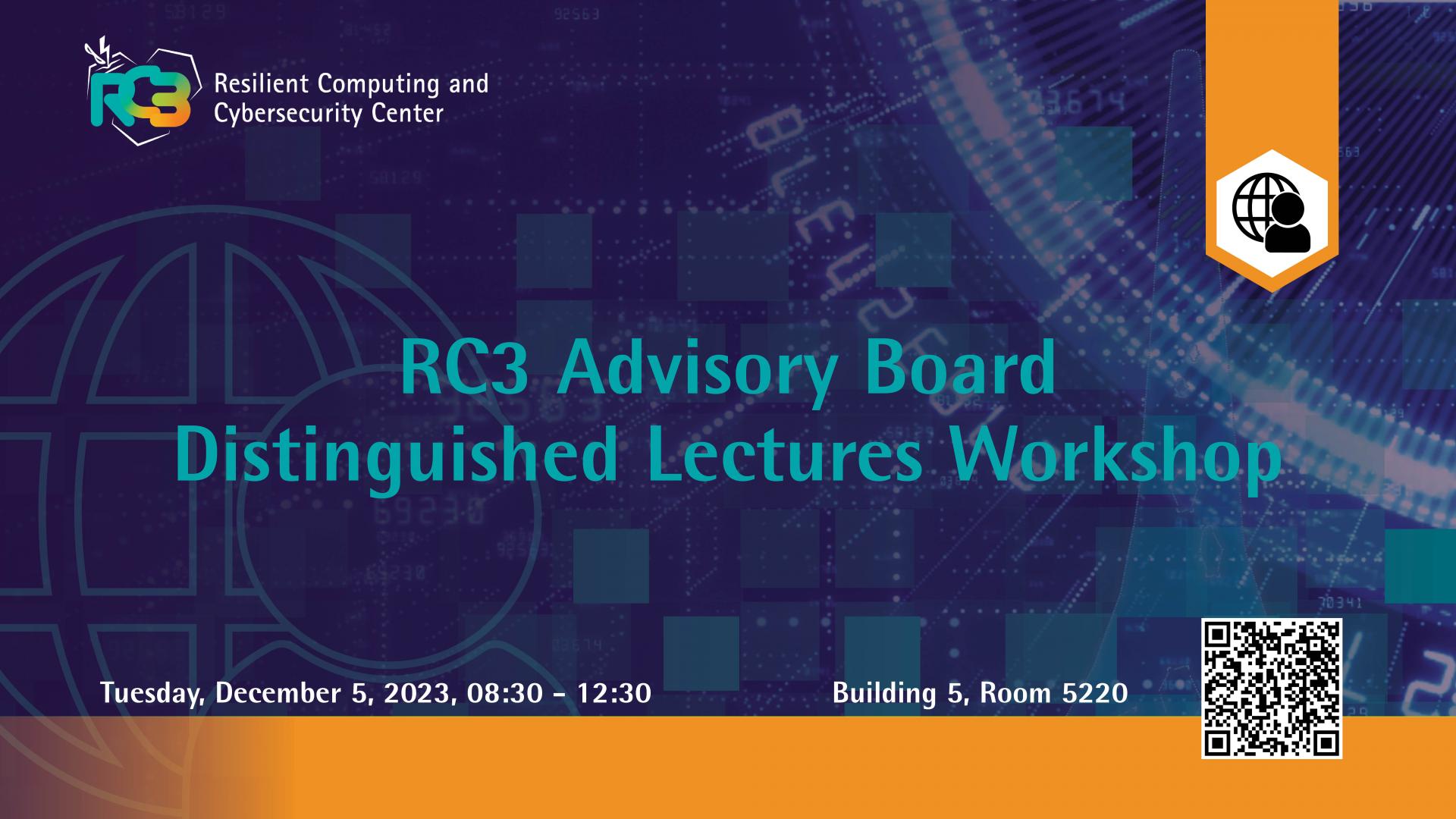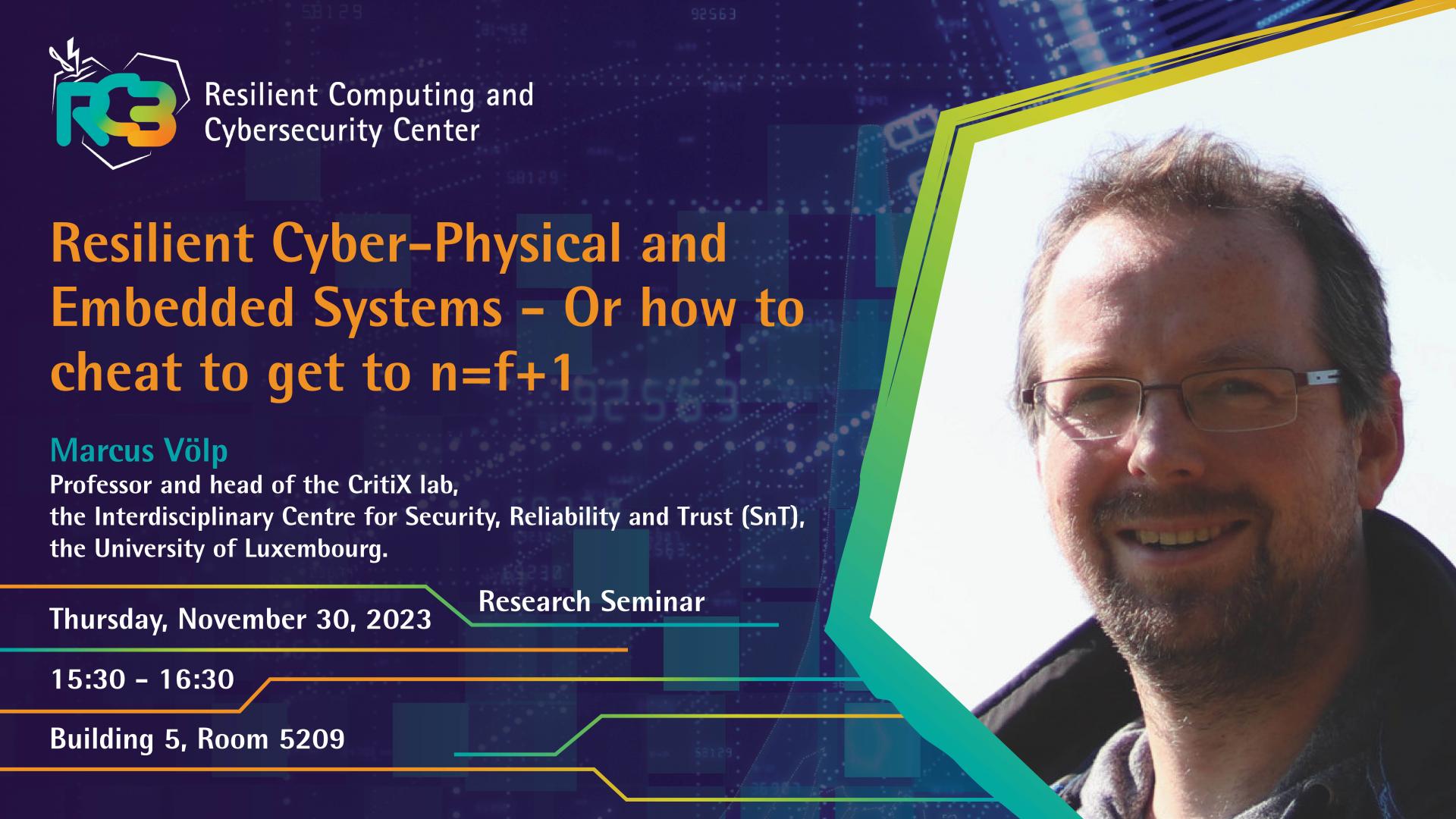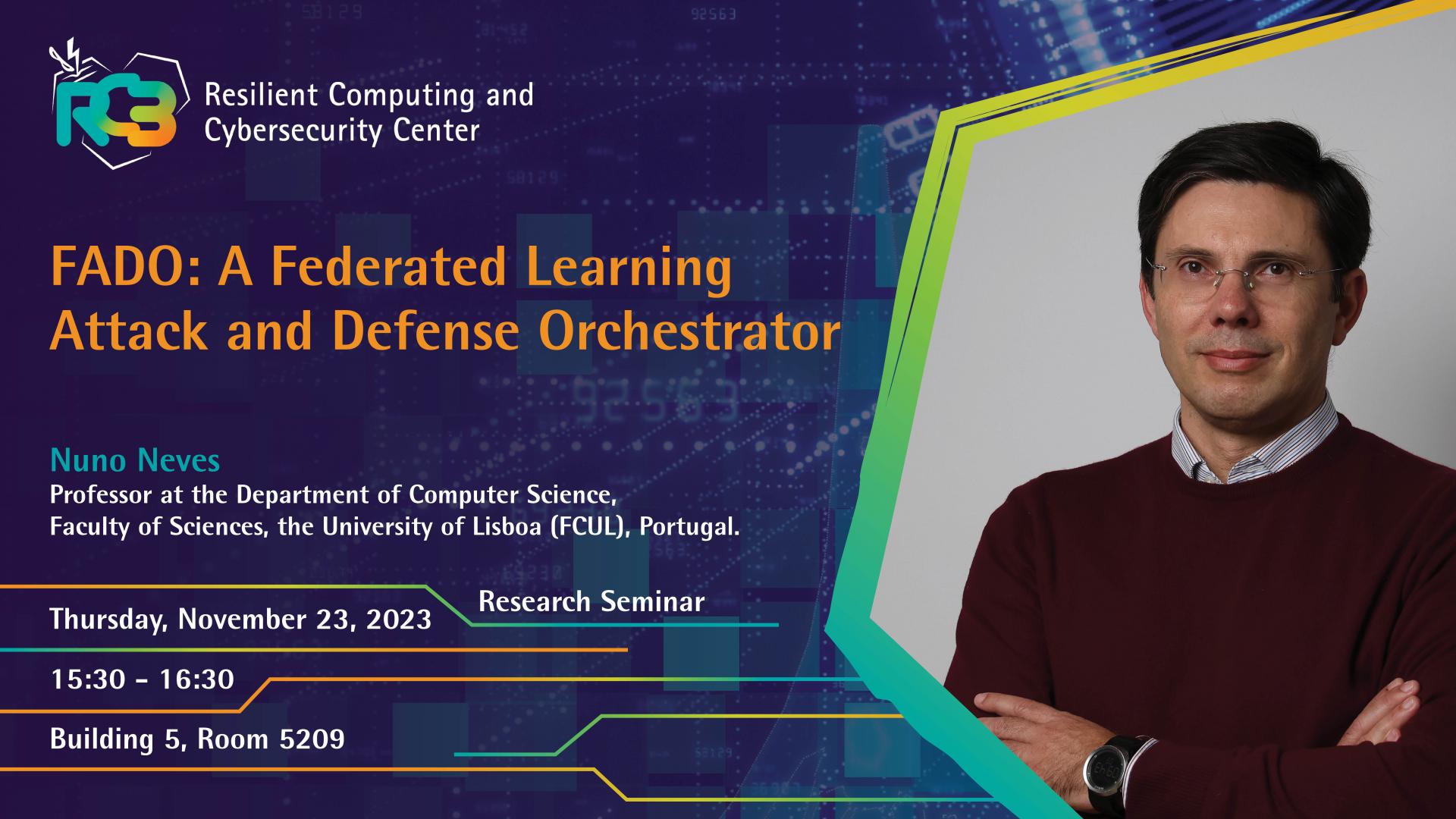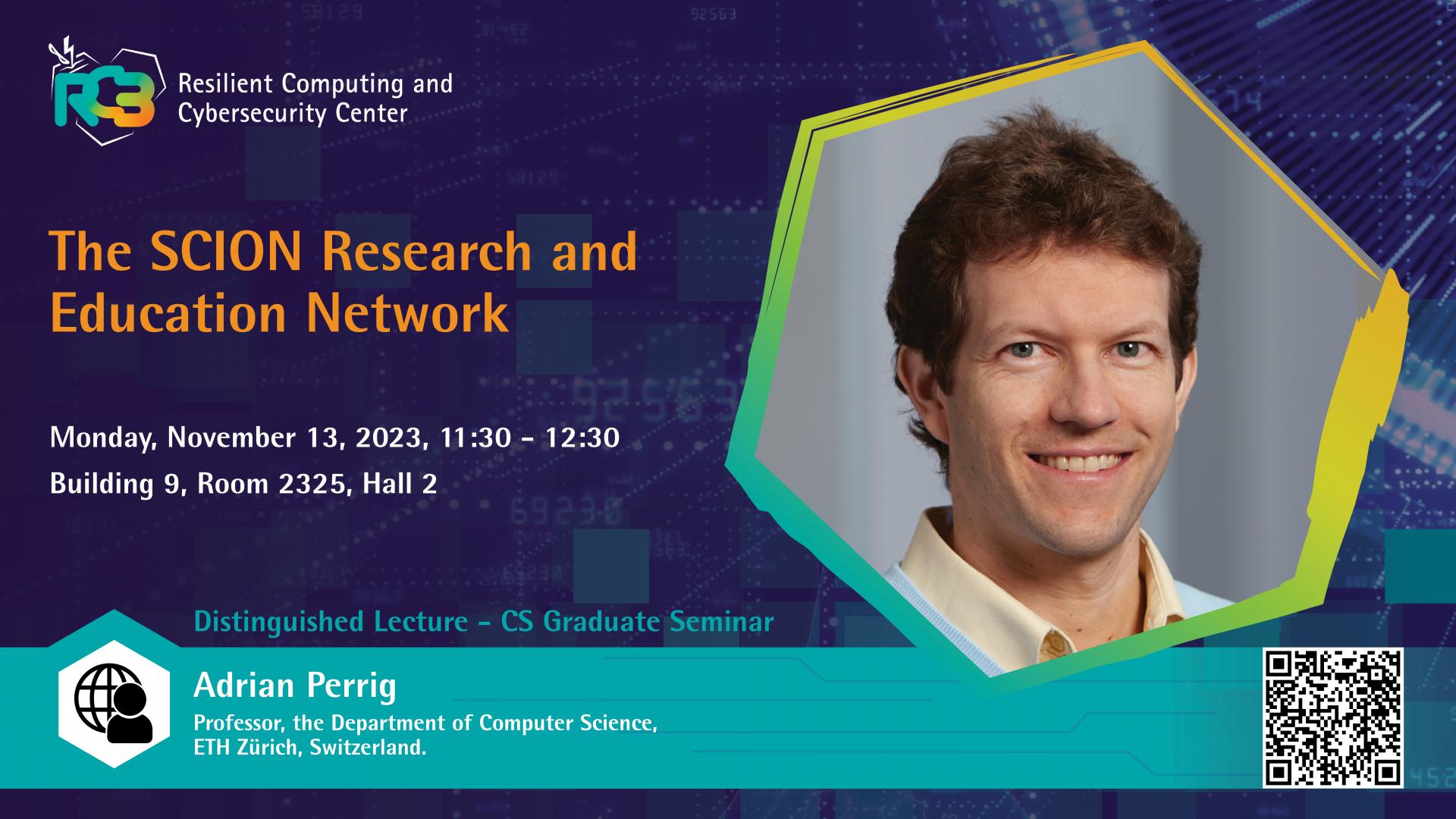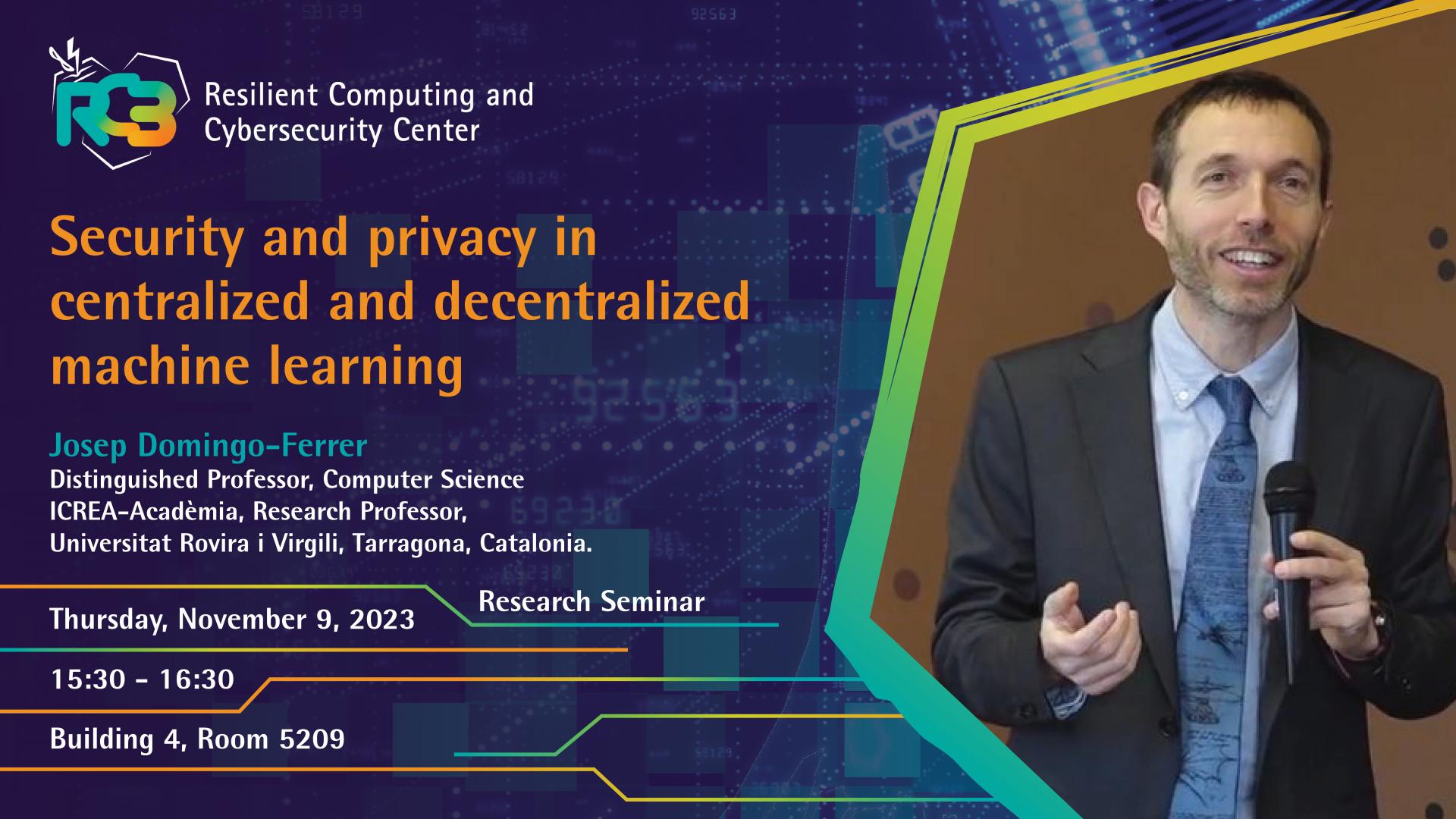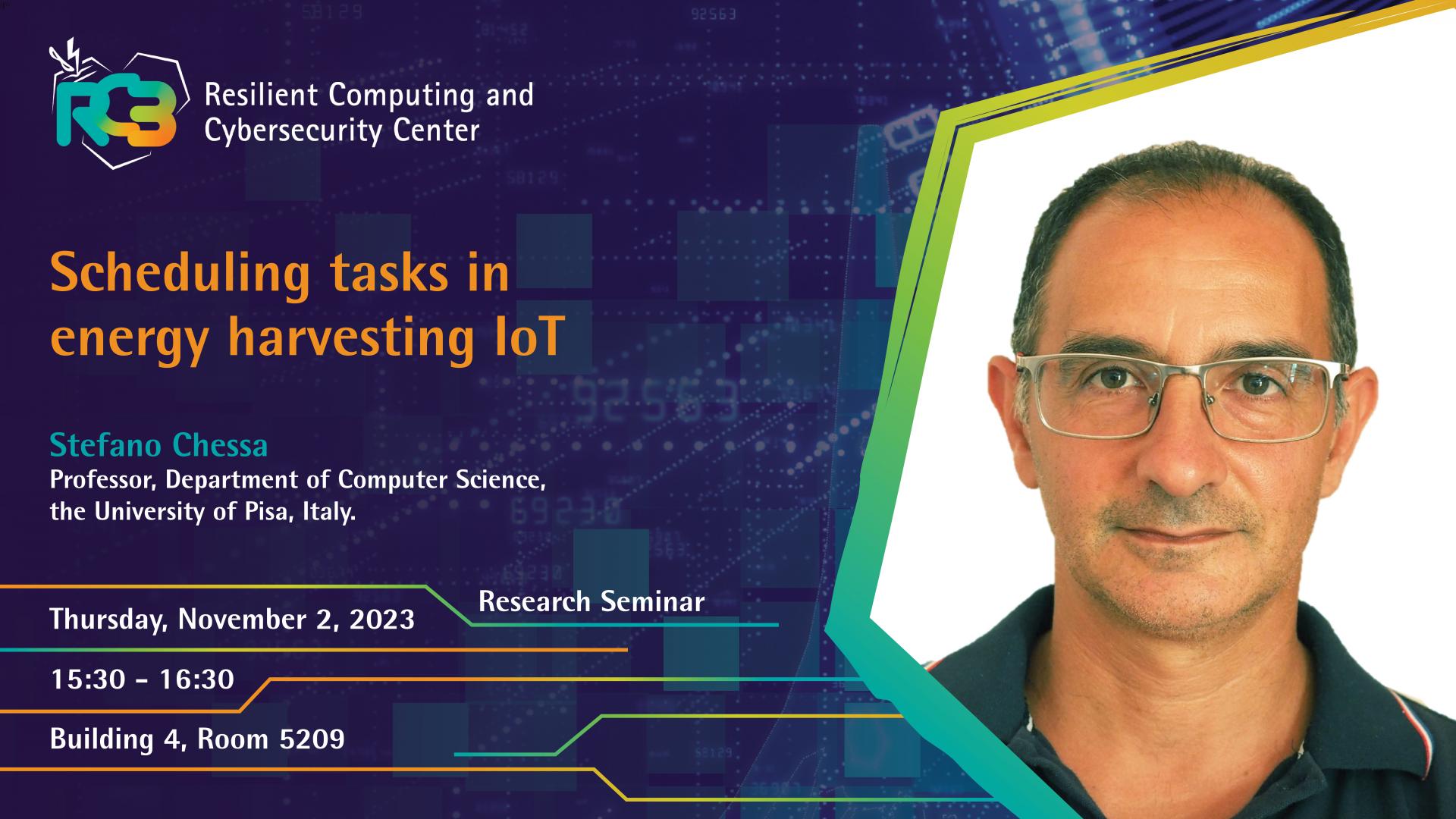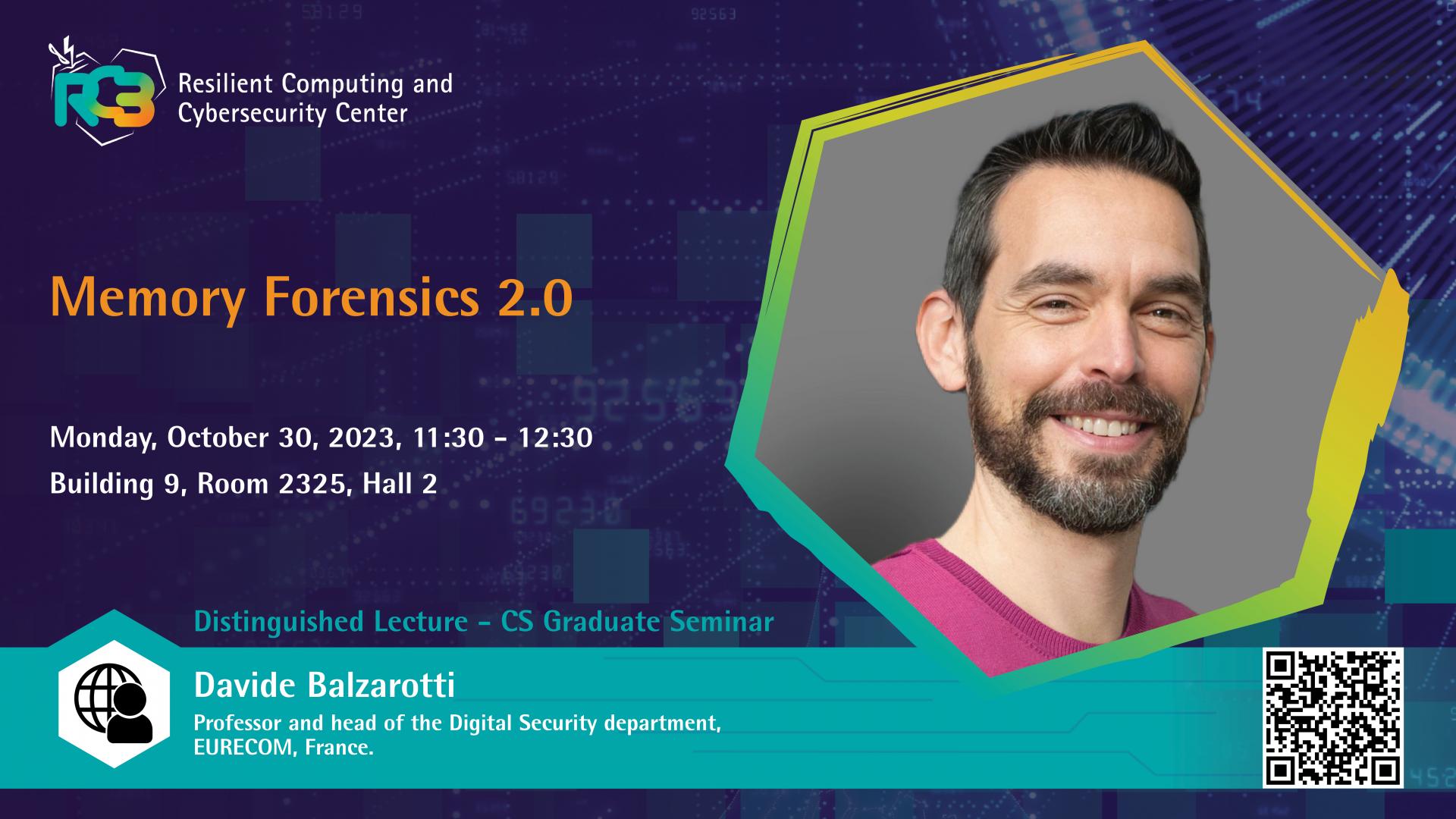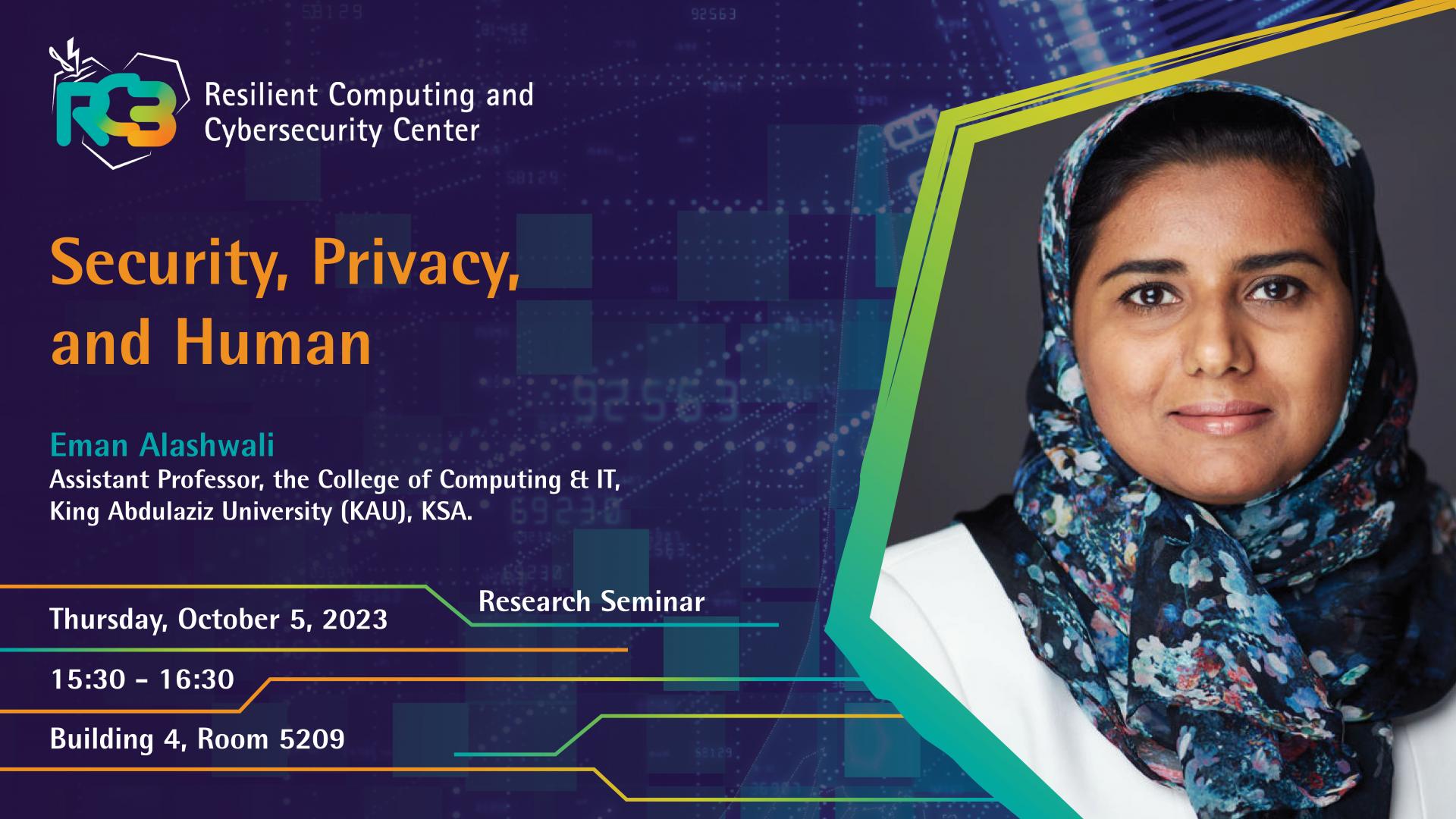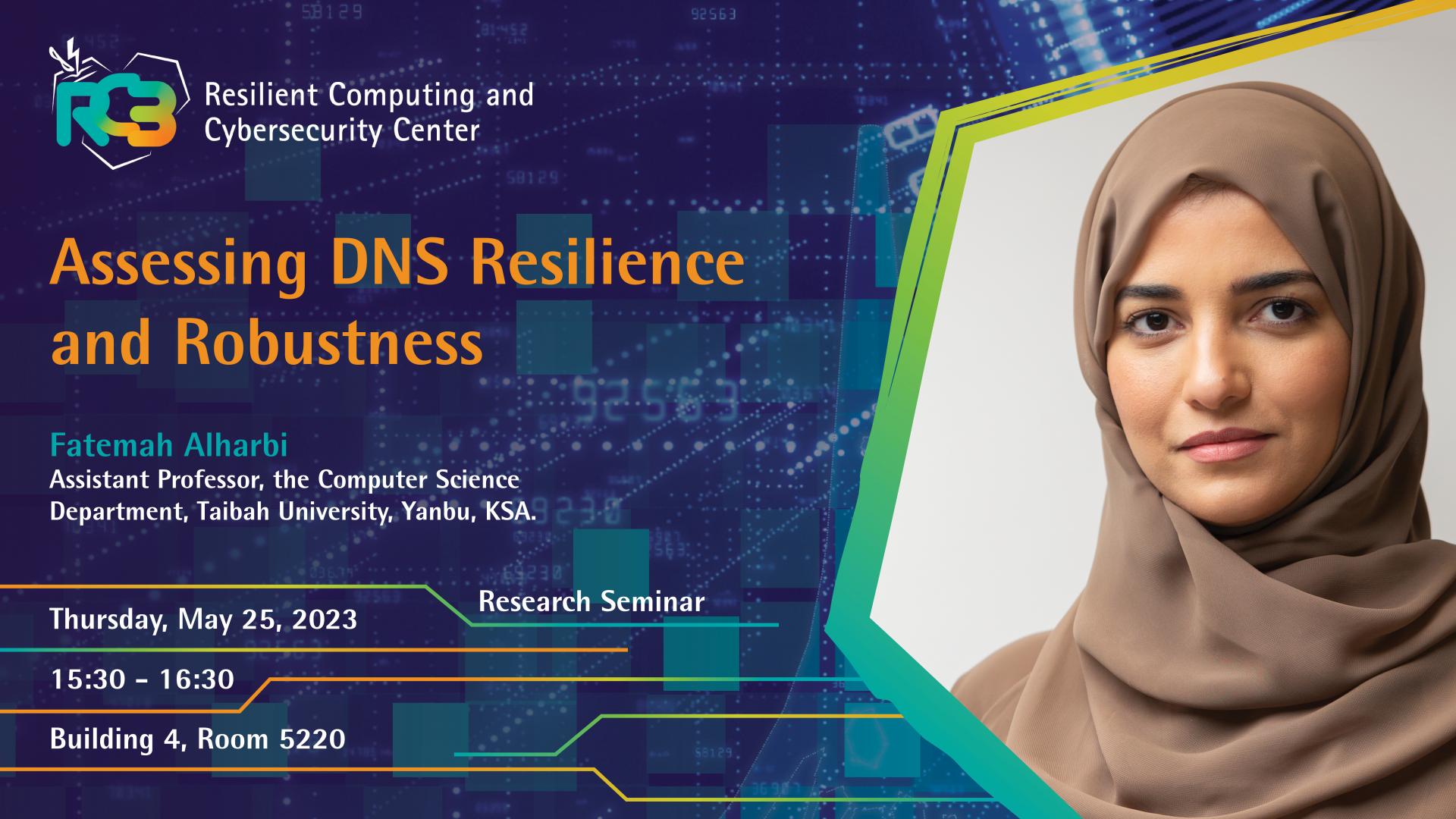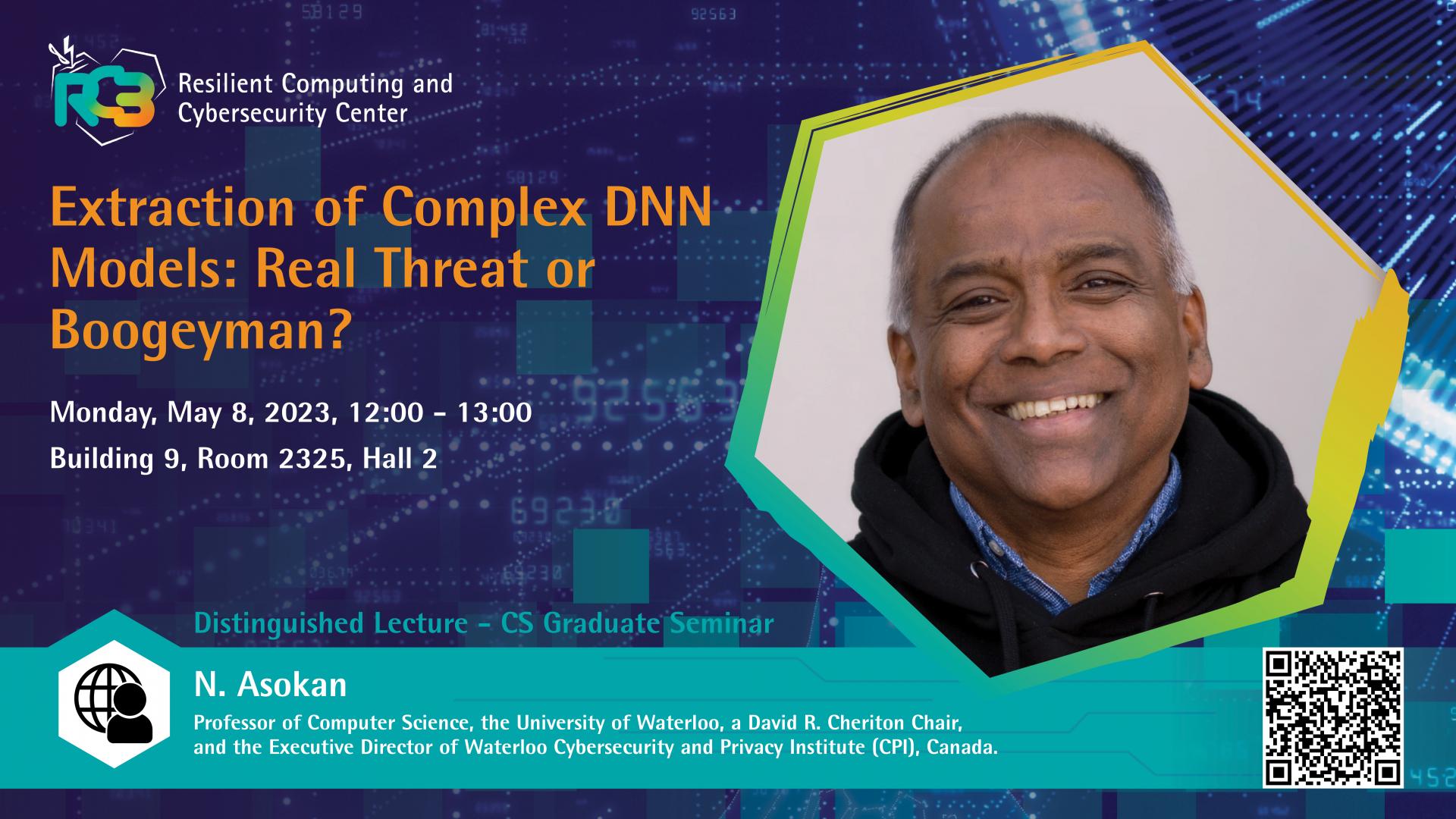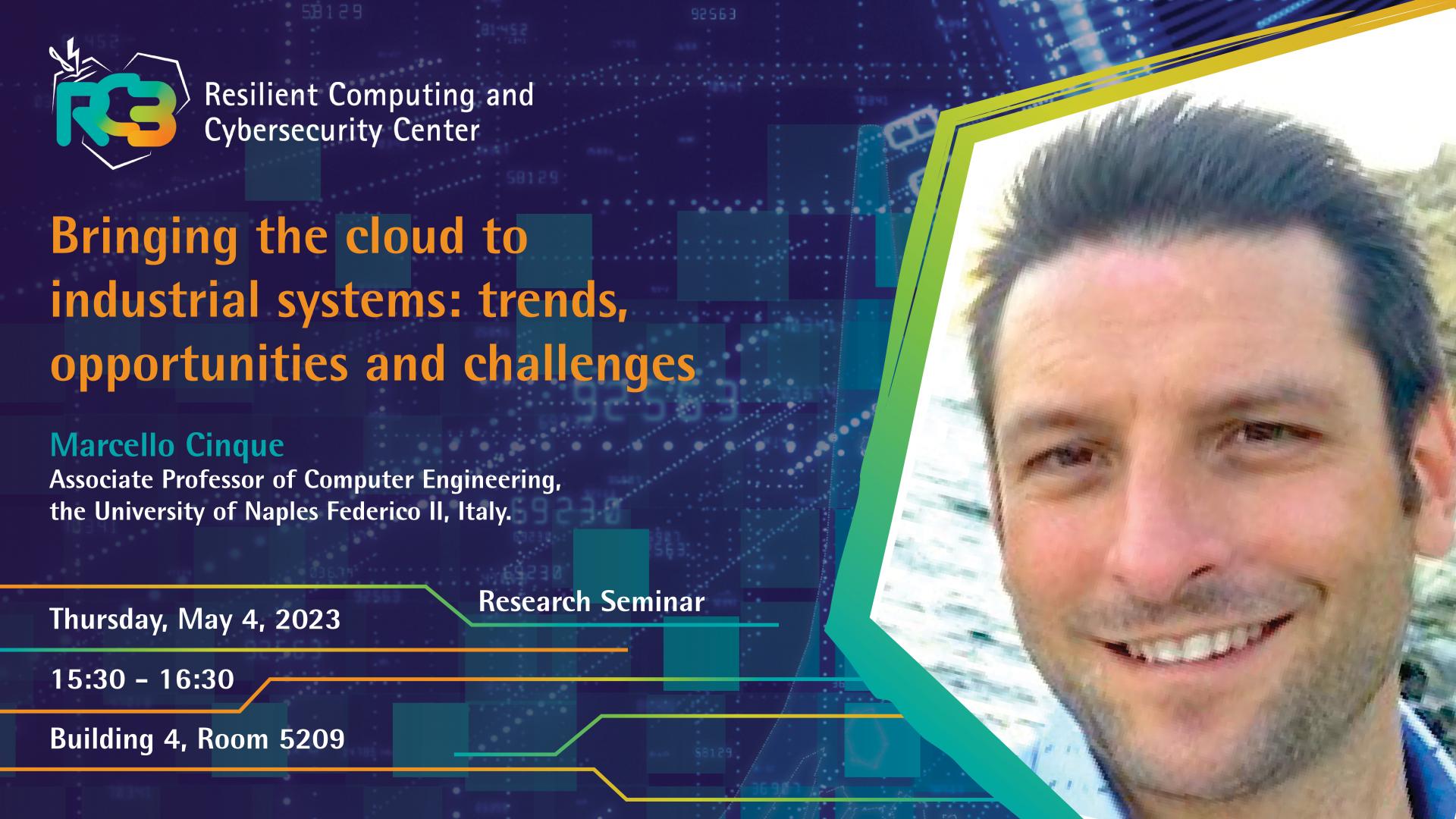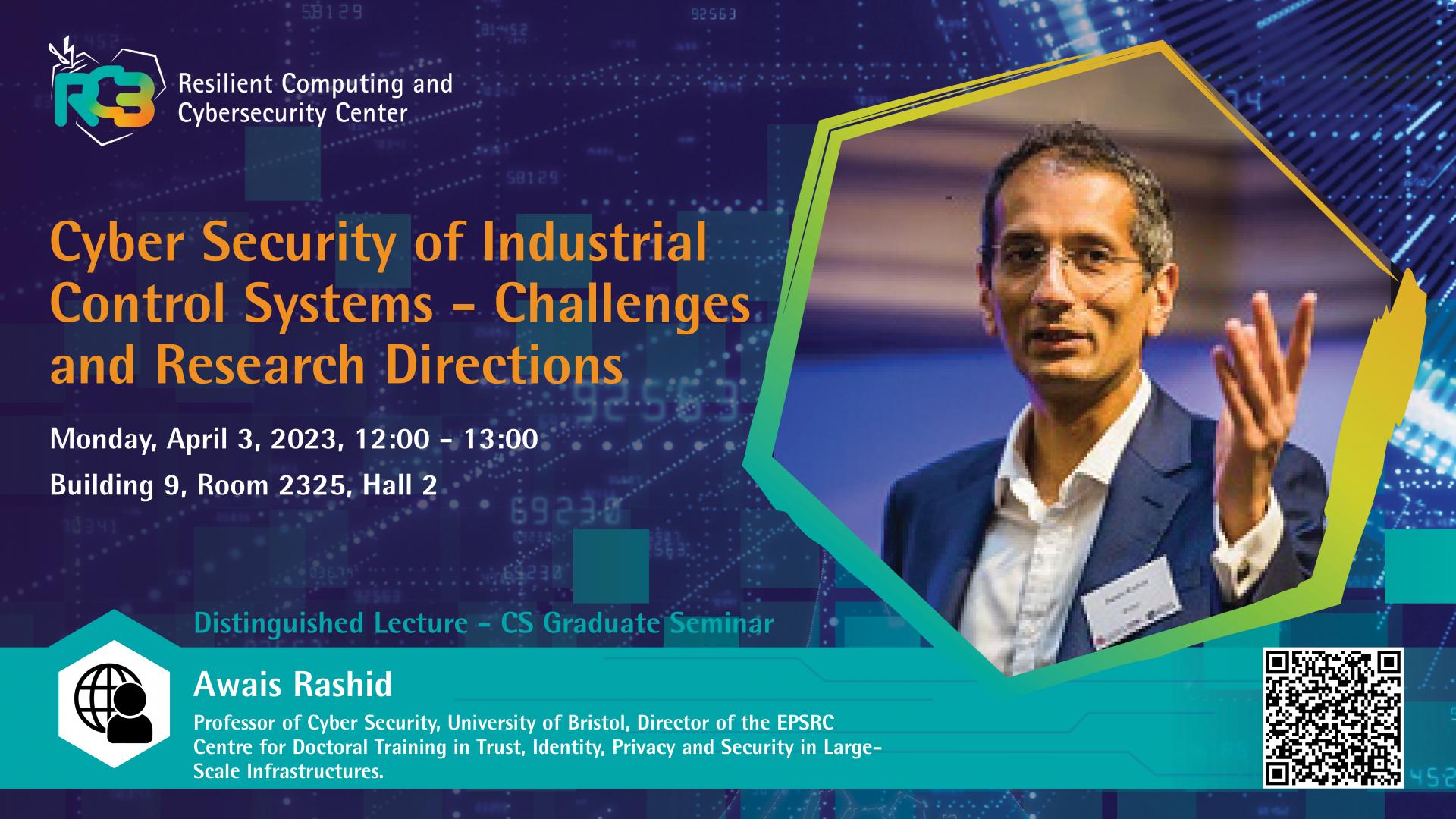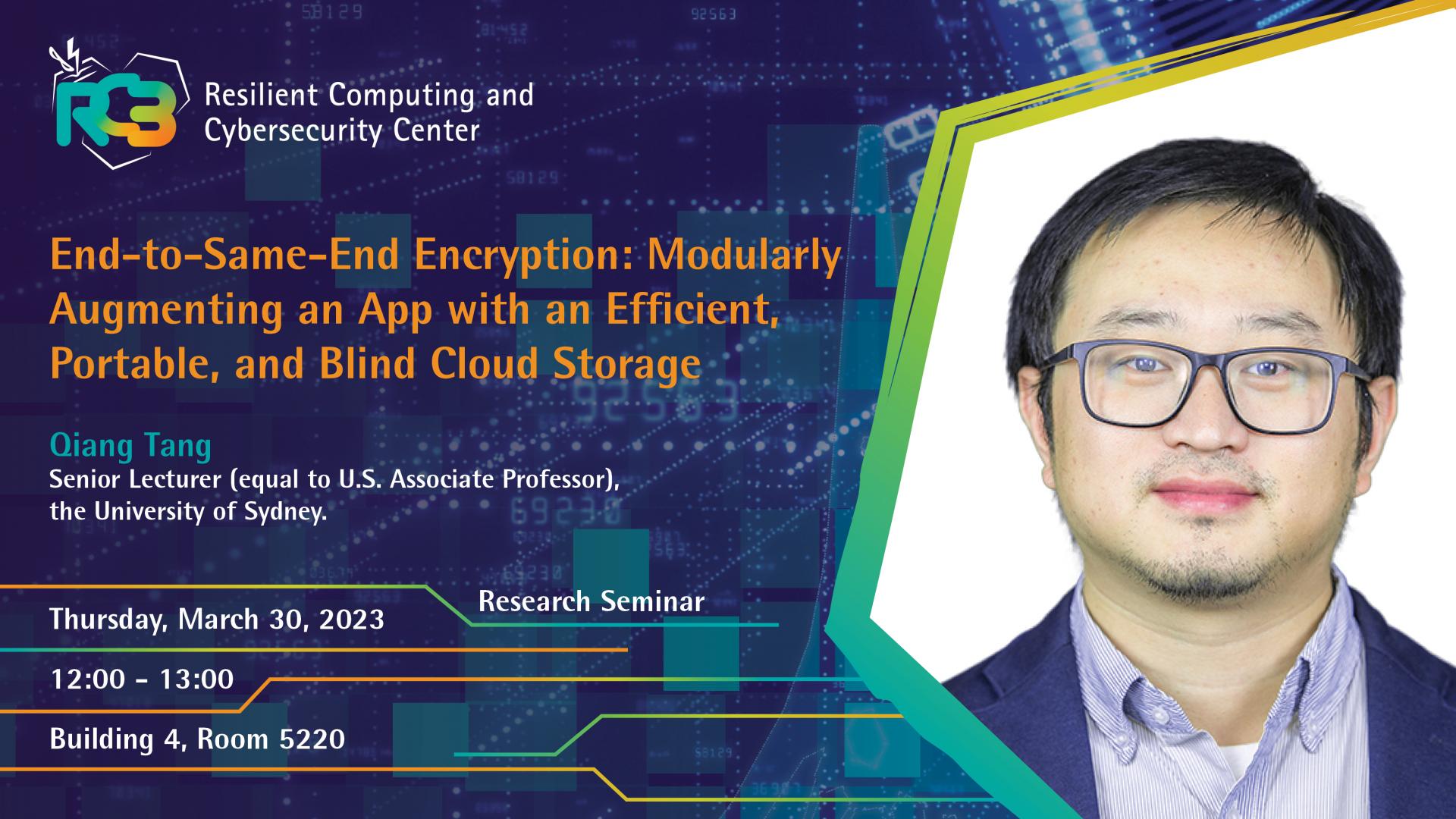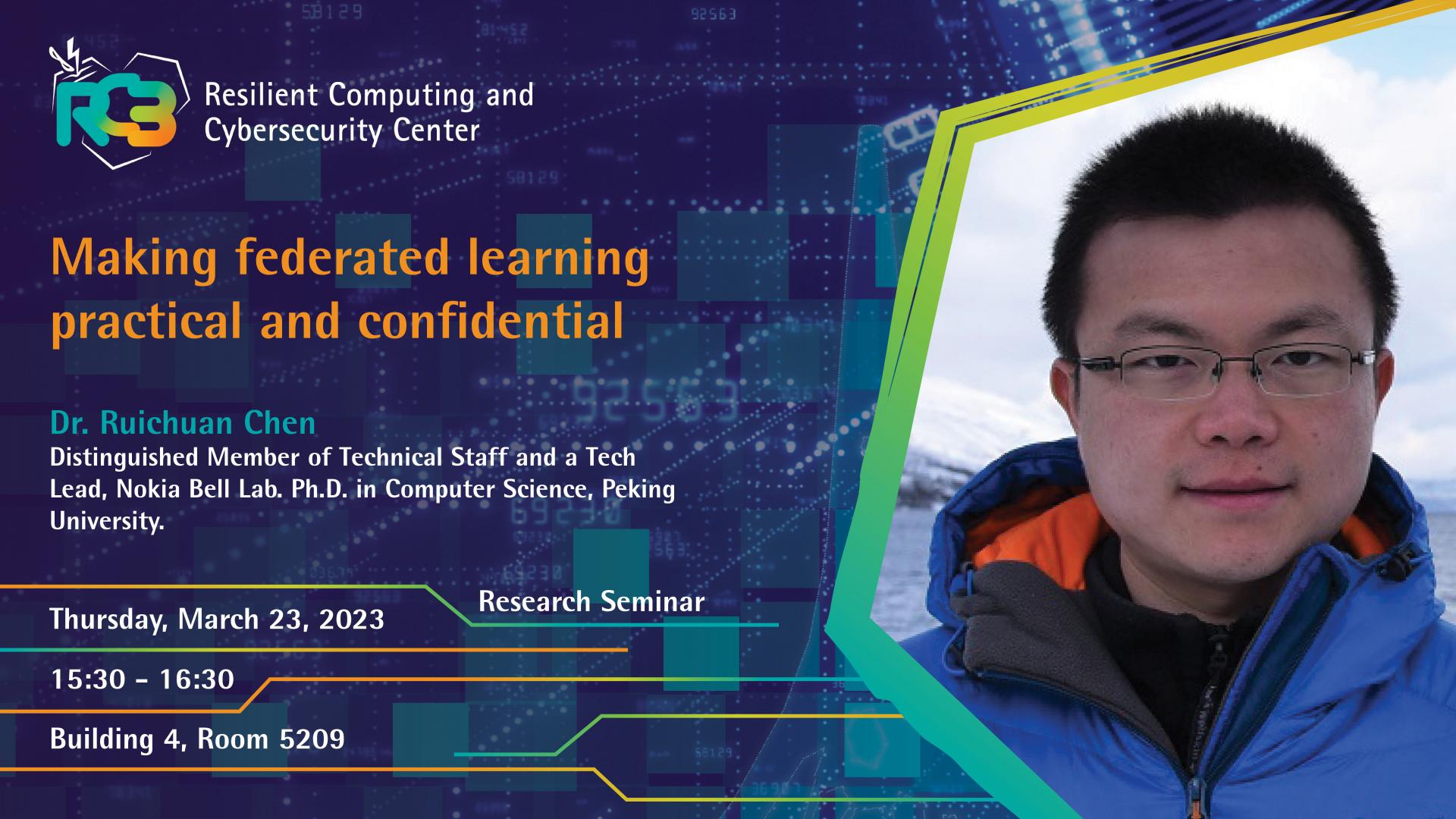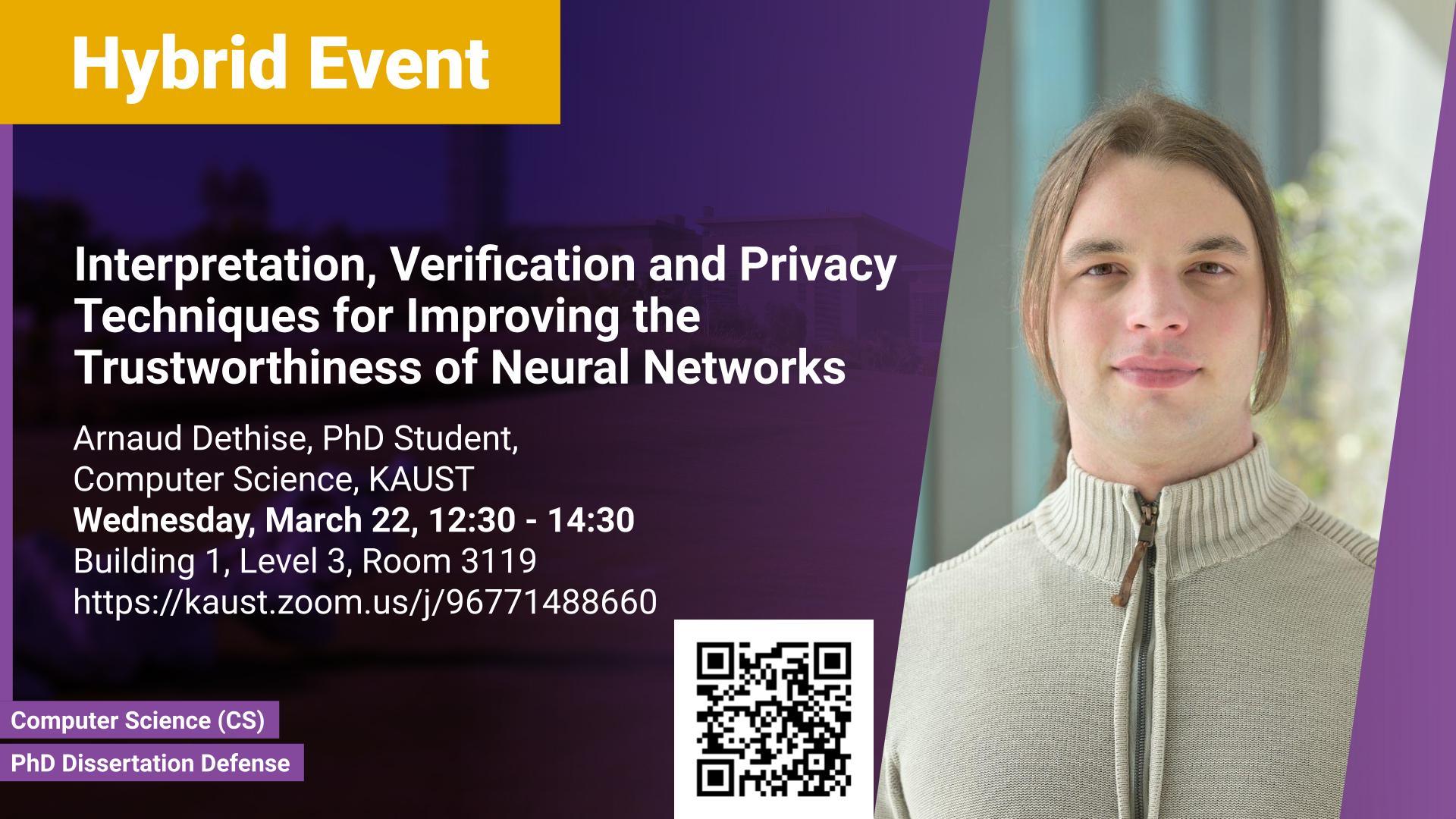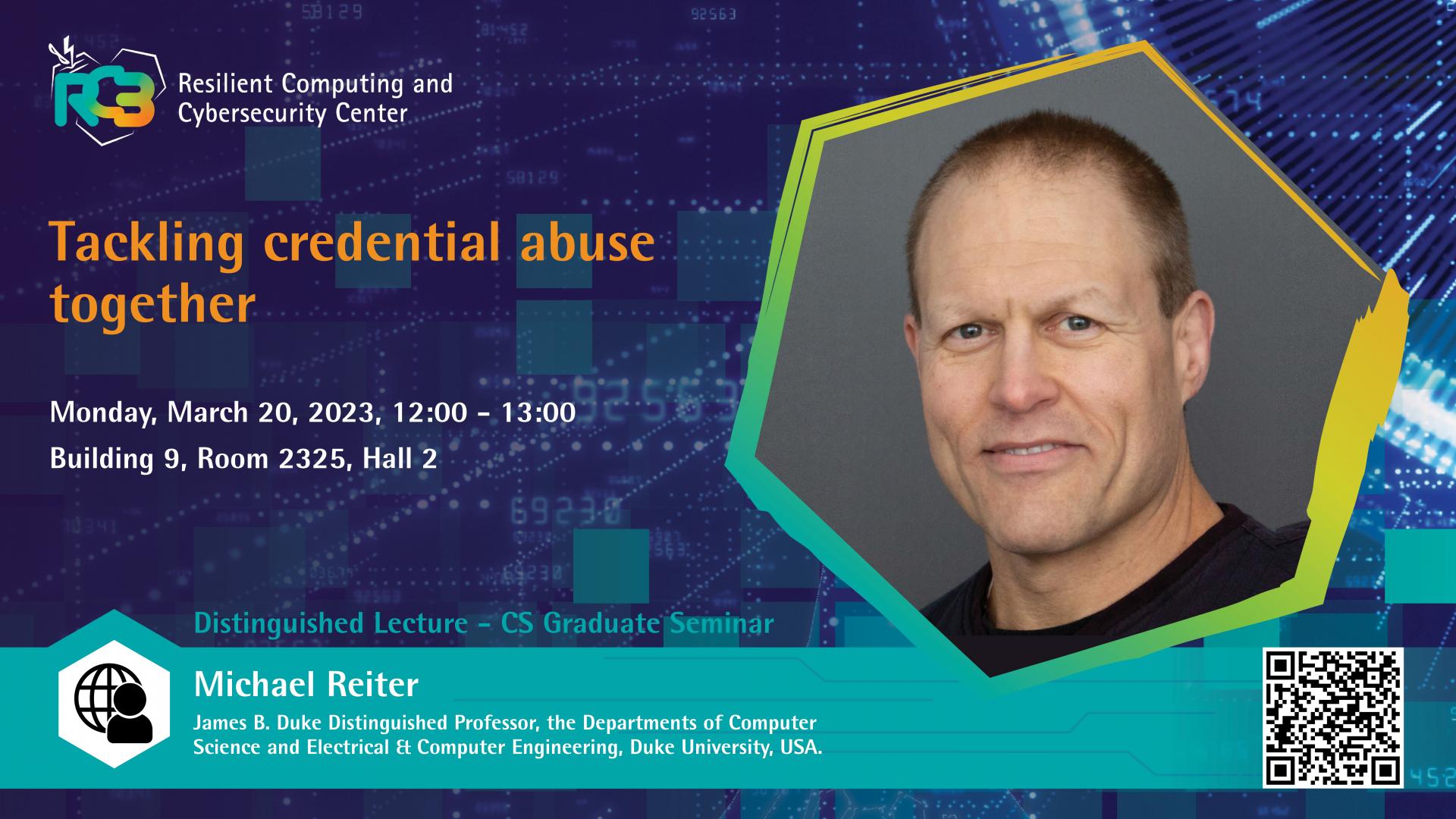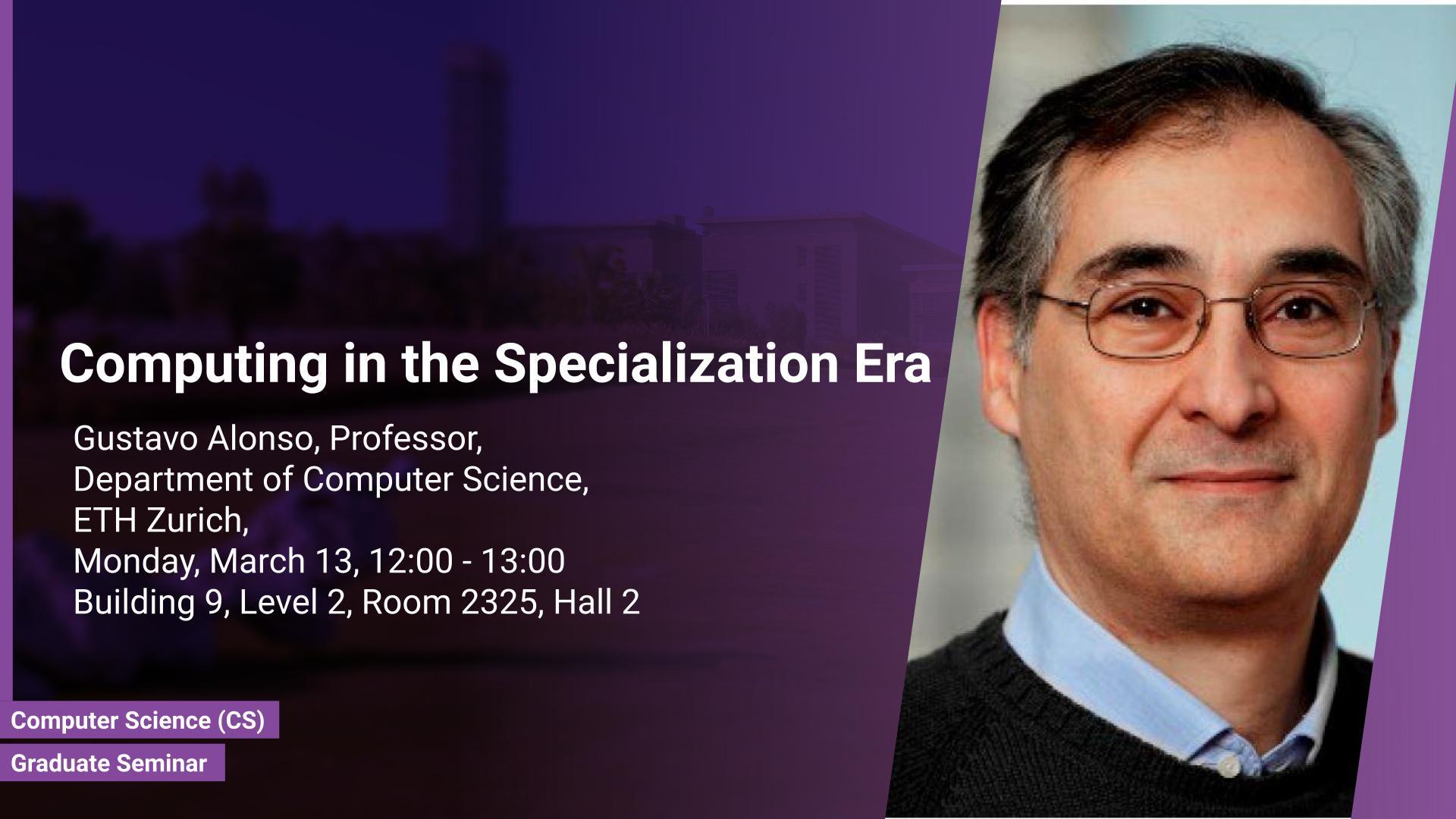António Casimiro is an Associate Professor at the Department of Informatics of the University of Lisboa Faculty of Sciences (FCUL)
Thursday, May 30, 2024, 15:30
- 16:30
Building 4, Level 5, Room 5220
Contact Person
With the ever-increasing amount of cyberthreats out there, securing IT and OT infrastructures against these threats has become not only desirable, but fundamental. Network Intrusion Detection Systems (NIDS) are key assets for system protection, providing early alerts of network attacks. An important class of NIDS are those based on ML techniques, around which a substantial amount of research is being done these days. Unfortunately, being ML-based, these NIDS can be targeted by adversarial evasion attacks (AEA), which malicious parties try to exploit to perform network attacks without being detected.
